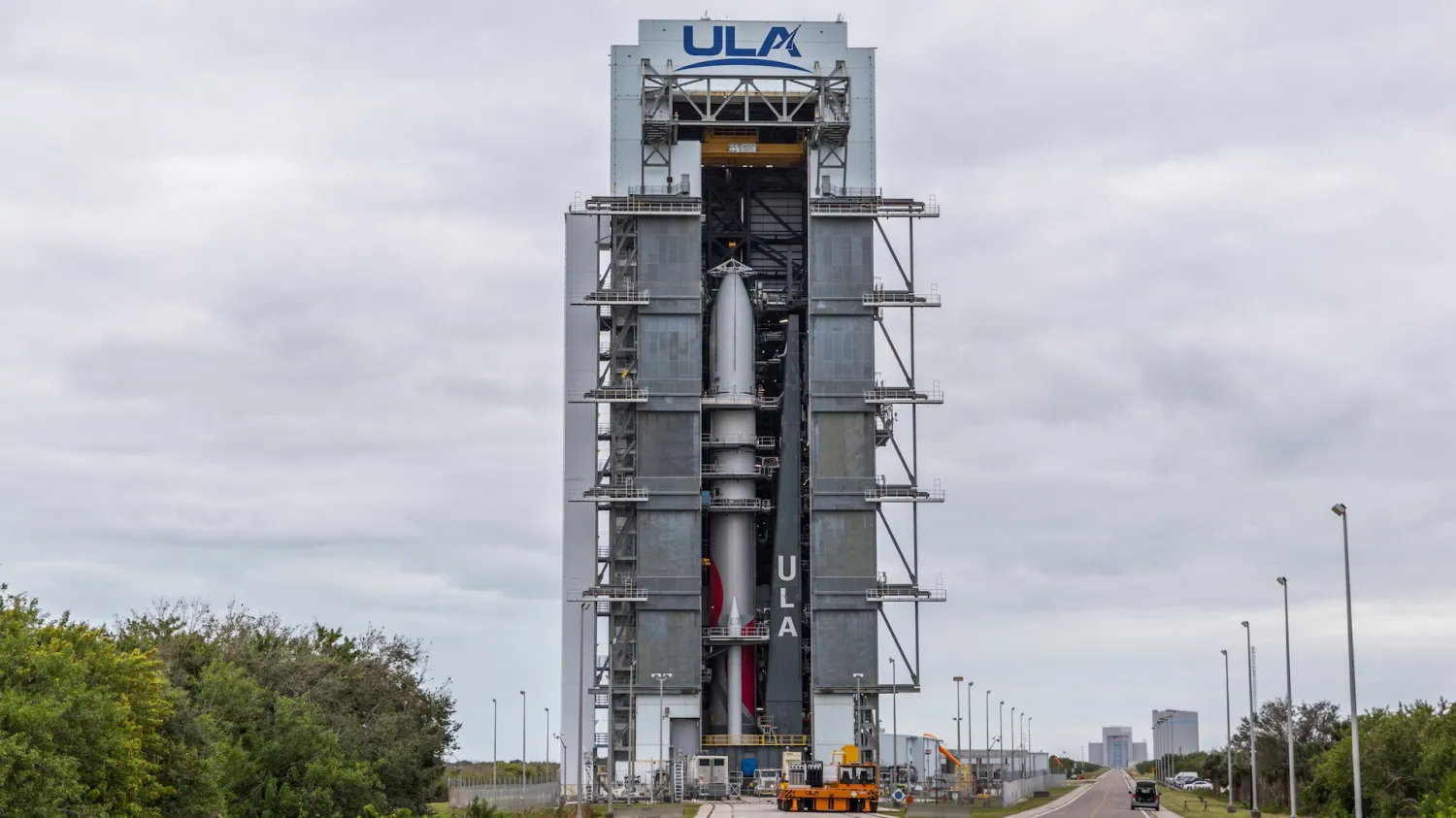
Early Monday morning ULA plans to launch its first of two certification missions for its Vulcan rocket. What does this have to do with SpaceX‘s CEO Elon Musk? Well after a prediction made over five years ago, he’s now safe from an eating your hat moment.
Musk on Vulcan’s timeline
In a tweet dug up by Eric Berger, back in 2018 Musk talked about ULA pricing and the eventual development of its competitor’s Vulcan rocket. “I will seriously eat my hat with a side of mustard if that rocket flies a national security spacecraft before 2023,” Musk said.
Discussion of a new rocket began as soon as ULA was formed in 2006 from the merger of Boeing‘s and Lockheed Martin‘s launch teams. However, Vulcan wasn’t formally announced until 2014 in light of political attacks for Atlas V’s reliance on the Russian made RD-180 engine.
Early updates had Vulcan’s debut for 2019 but were quickly delayed to 2020. One of the first items to be marked as a problem was with the new US produced engine being developed by Blue Origin, now known as the BE-4. The GAO’s report in 2021 noted it was “experiencing technical challenges related to the igniter and booster capabilities required.”
The COVID-19 pandemic of 2020 and 2021 forced even more delays both across the industry but also to ULA’s first Vulcan customer. Astrobotic‘s Peregrine lander would be delayed several years because of the pandemic and other technical issues.
Add in the addition of developing the Centaur V, Vulcan was originally designed to use an Atlas V variant Centaur III, and then its redesign in 2023, you get a launch date of January 8, 2024.
Not sure what information Musk had at the time, or was just a good guess, but what a prediction.
Vulcan to launch NSSL mission this year?
Following a hopefully successful launch of Peregrine Mission One, Vulcan’s second certification mission will fly the first Dream Chaser spaceplane.
This was also a mission heavily delayed by both COVID and development problems. However, the Dream Chaser slated for flight is finishing up final testing before it flies a demo mission to the ISS.
Once these two certification missions are complete, the Space Force will then allow ULA to fly national security payloads using Vulcan. First up will be GPS III SV07, which in a Space Systems Command report from September, shows a launch no earlier than June 2024.
If ULA didn’t run into any problems at the beginning of 2023, we might just have had a repeat of Rocket Lab’s Peter Beck dining on a hat. Amazon could have moved its two demo Kuiper satellites back onto Vulcan for its second flight. Although if there would have been time for the Space Force’s GPS satellite to be integrated and launched is not known.


 Cryptopolitan_News
Cryptopolitan_News Coin Edition
Coin Edition BlockchainReporter
BlockchainReporter crypto.news
crypto.news Crypto Daily™
Crypto Daily™ BlockchainReporter
BlockchainReporter Optimisus
Optimisus DogeHome
DogeHome Crypto News Land
Crypto News Land






















